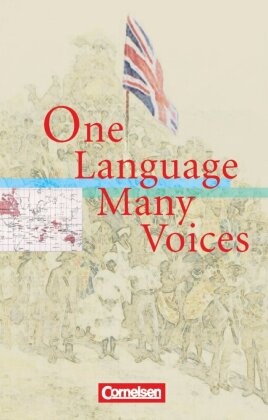Joseph Conrad’s short story “an outpost of progress”, deals with the topic civilization, with its blur bounds to savagery.
Kayerts and Carlier, two European agents in Africa, are assigned to run a trading station.
Behind the houses of the station, is a grave of a painter, the former chief of the station, who died of fever. The crooked cross of the grave, symbolized with his uneven shape, the struggle that the man will soon find with themselves and each other. It also includes the fear of the same destiny as the dead man… the outlook on the future, where they shall meet the same fate. The cross itself is a religious Christian symbol of sacrifice and redemption. It combines luckiness and grief.
Before reading the story the question might show up, whether some of them have to sacrifice or not? They came to have a better future. Kayerts for example needs the money to help his daughter financially.
Furthermore, the title “Outpost of progress” is very ironic, because the only thing that did not happen is progress. The two men feel inferior and after a while they get lazy and moody. Gobila’s people left them, the only civilized people in their area.
So as a matter of fact the short story ends tragically with the dead of Carlier, who was shot by Kayerts, and shortly after Kayert commits suicide by hanging up himself on the cross.
The cross surrounded by the mist, makes an invitational appearance to make his life an end and most important, it buries also the last thought of civilization.
Analyse the symbolic meaning(s) of the cross in Conrad's short story
postet by Tara Labels: Meaning of the Cross, Outpost of Progress
Abonnieren
Kommentare zum Post (Atom)

1 comments:
I don't quite get whether or not you think somebody sacrificed something or not. I like the way you take the crooked shape to mean they will become 'crooks' - that was the way to go! So what does it mean that Kayerts takes great care to rectify the cross?
The paragraph on the title isn't relevant to the topic - just cut it. In what way do 'luck' (not luckiness) nd grief refer to the story?
You need to clarify 'invitational appearance'? Do you mean it makes the thought of suicide appealing?
Some language problems.
Kommentar veröffentlichen